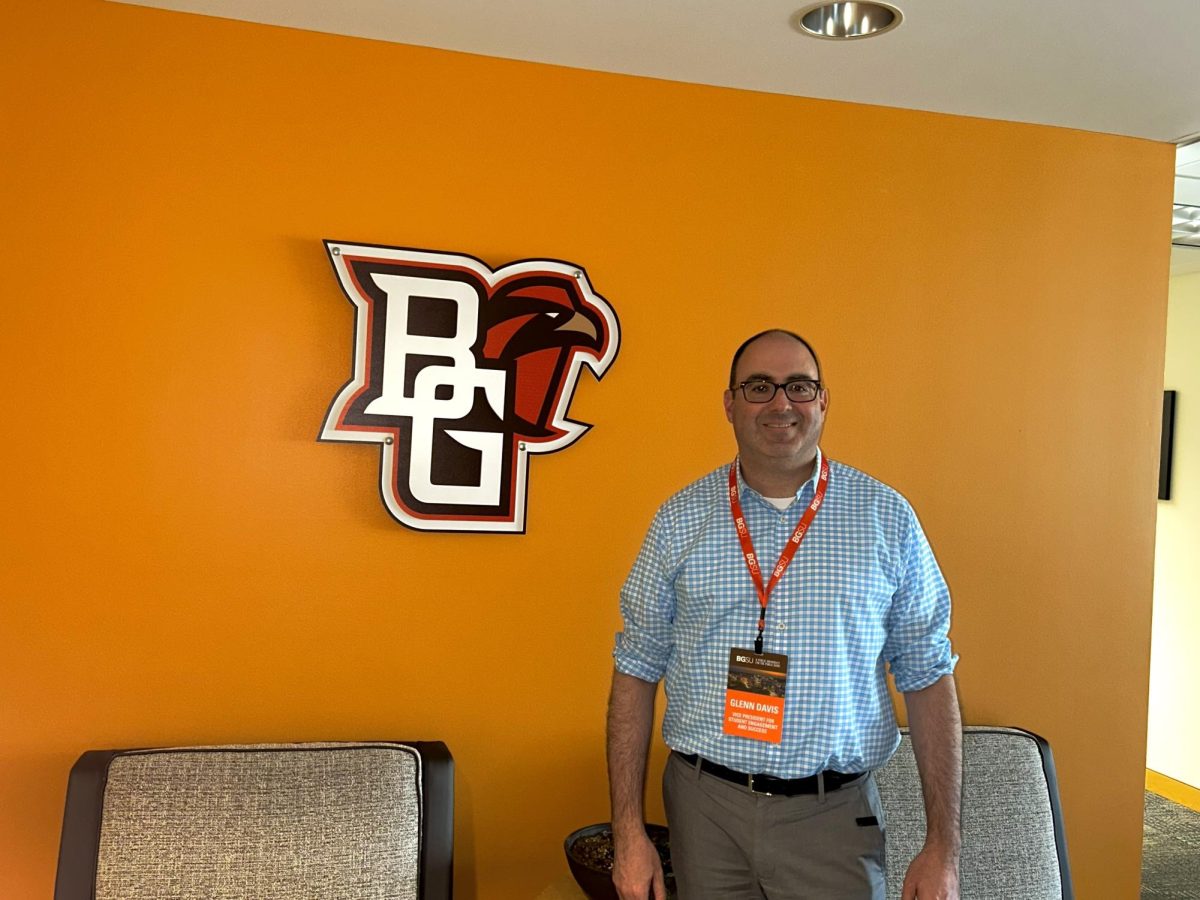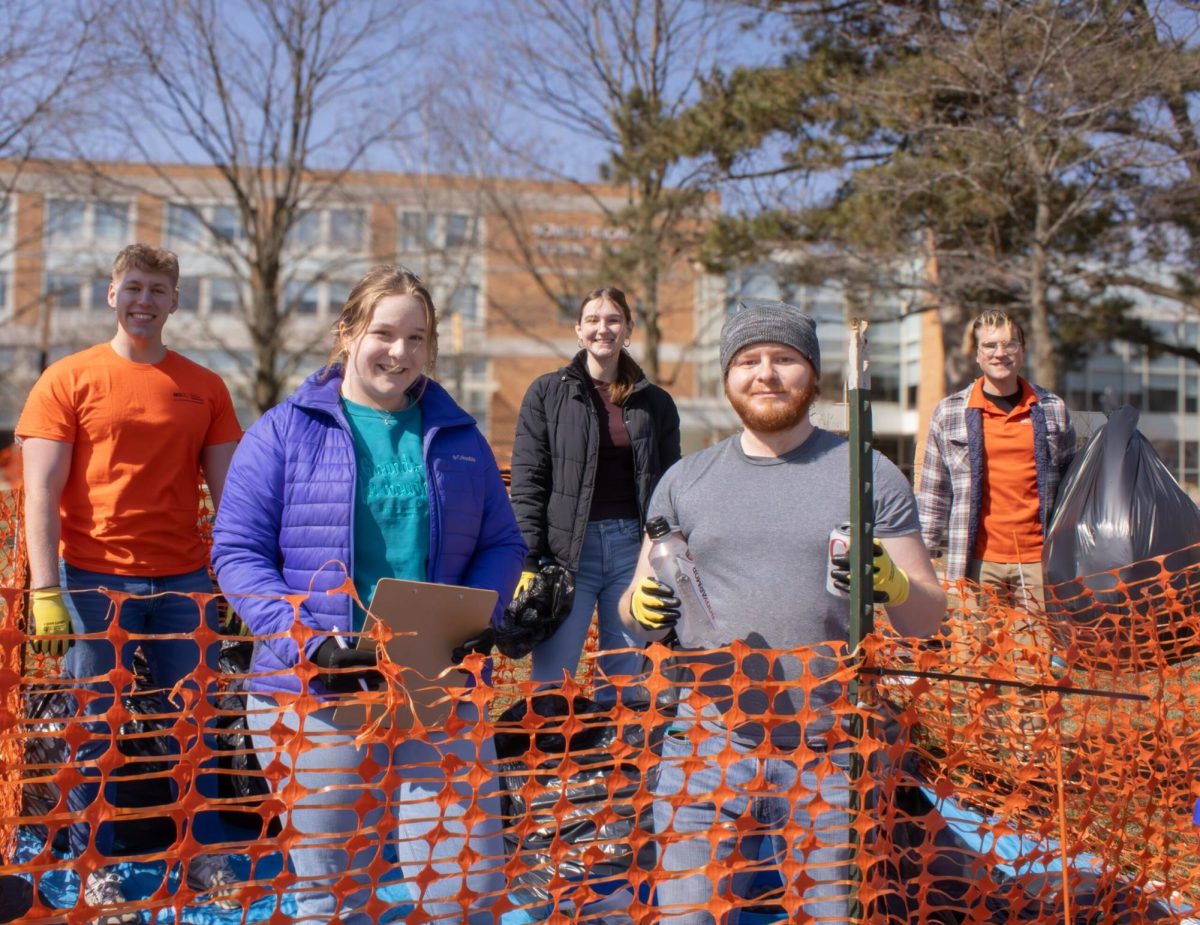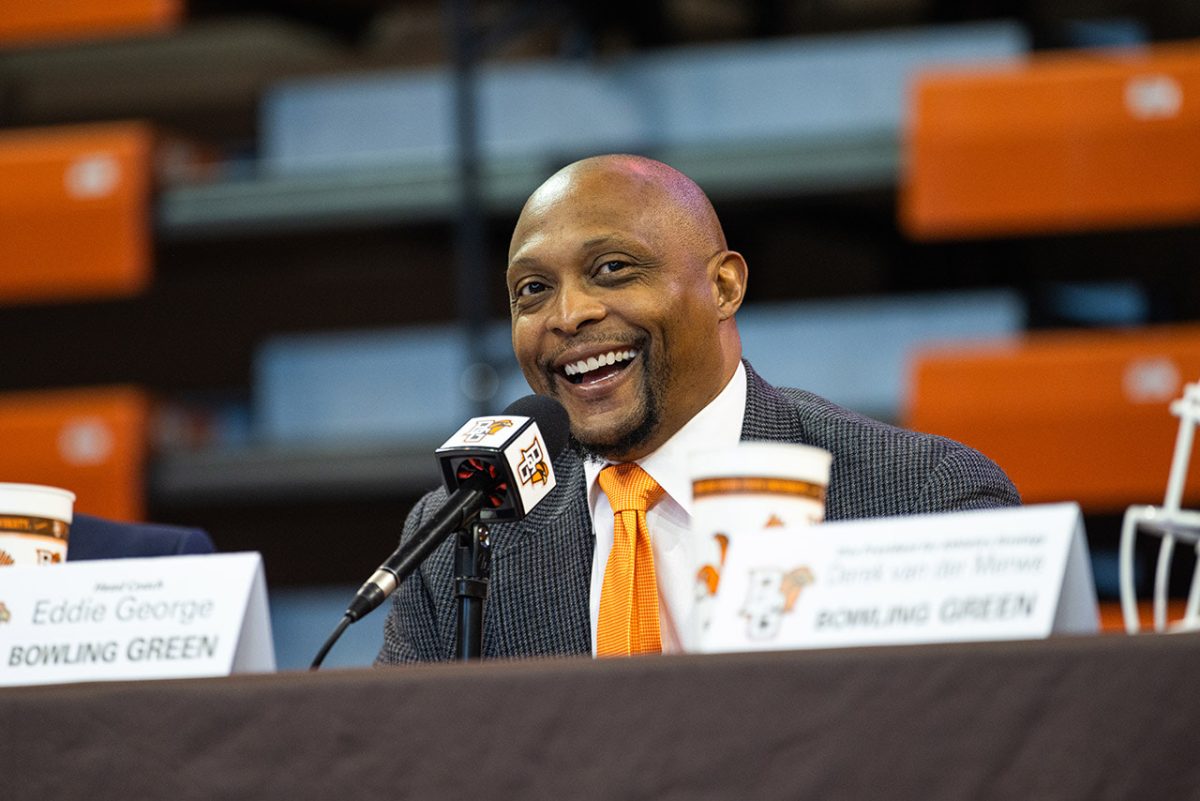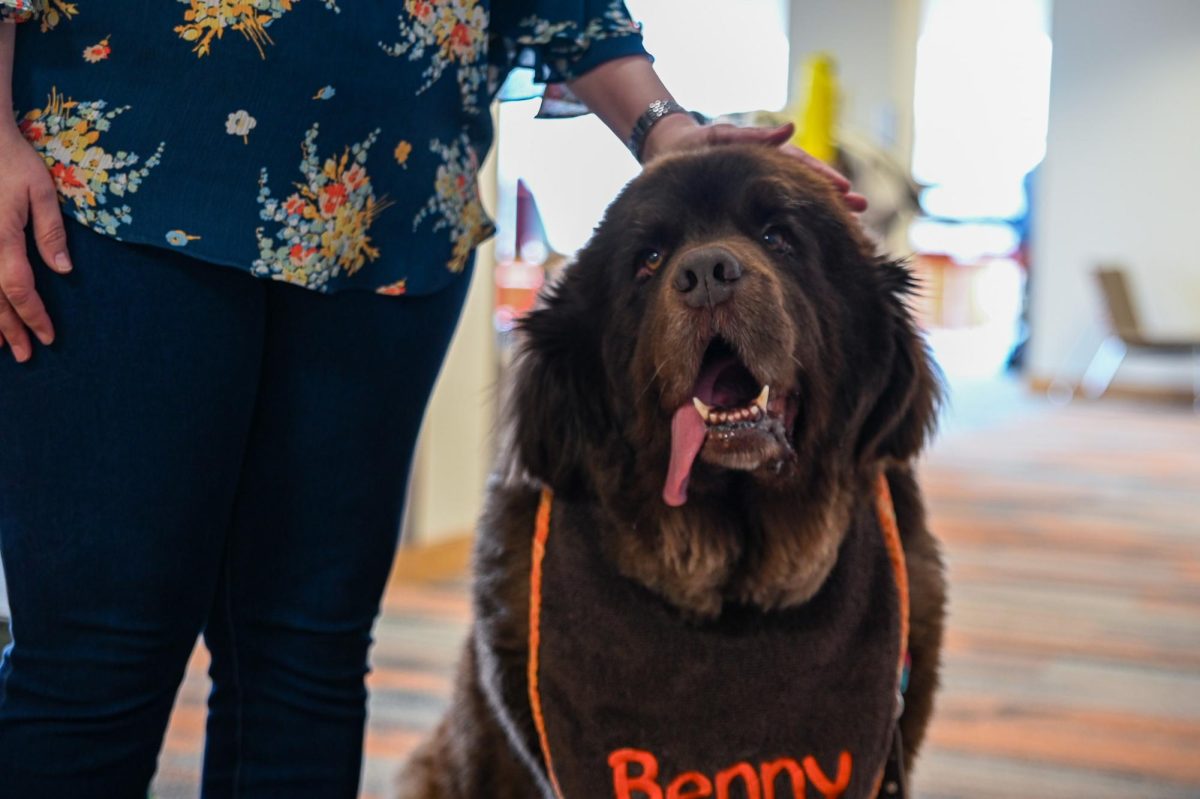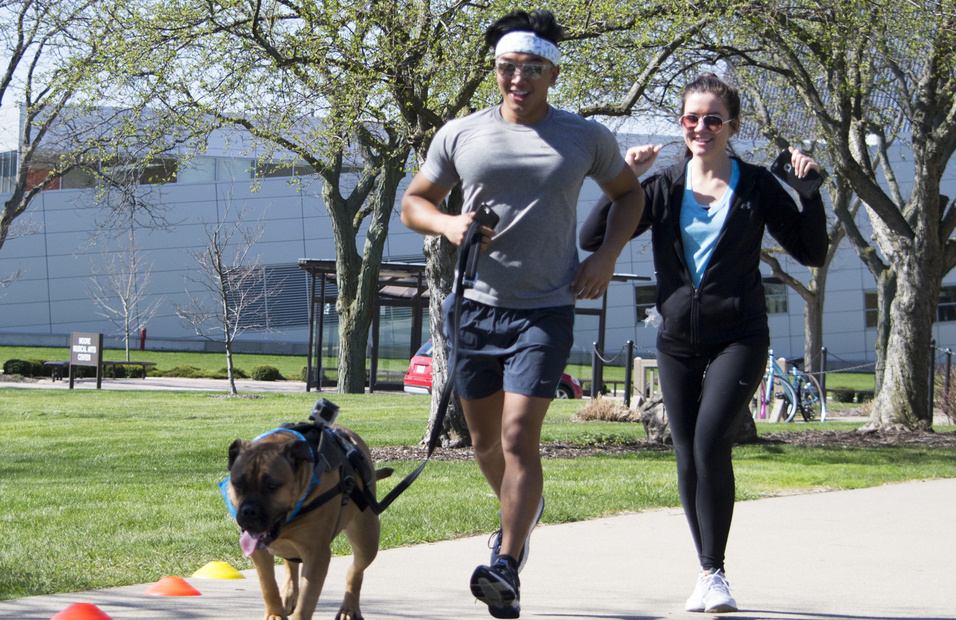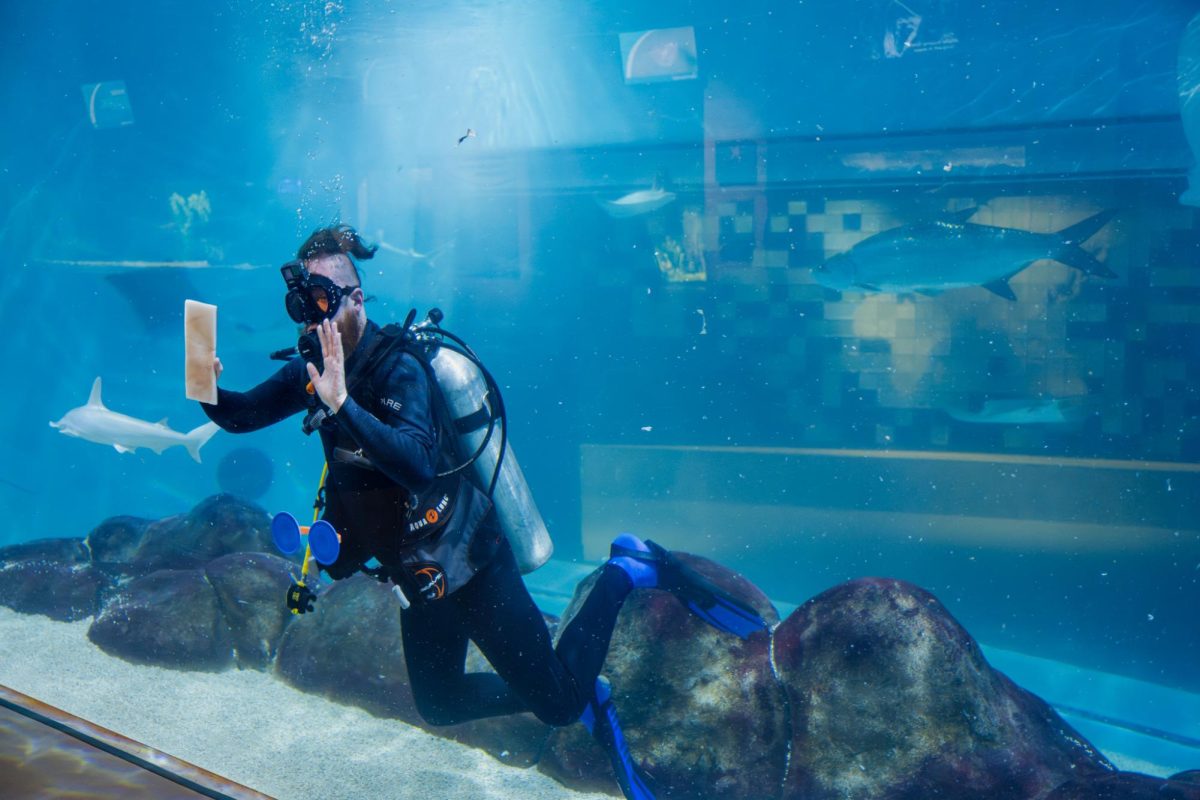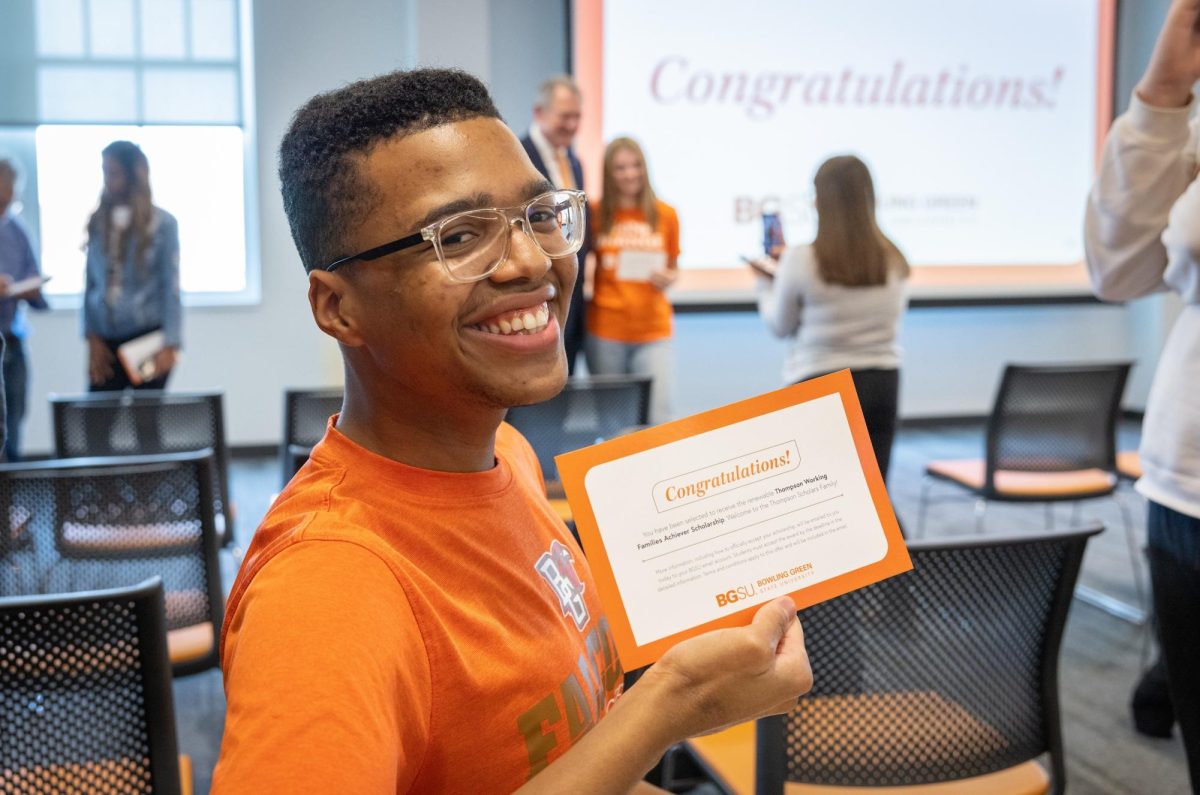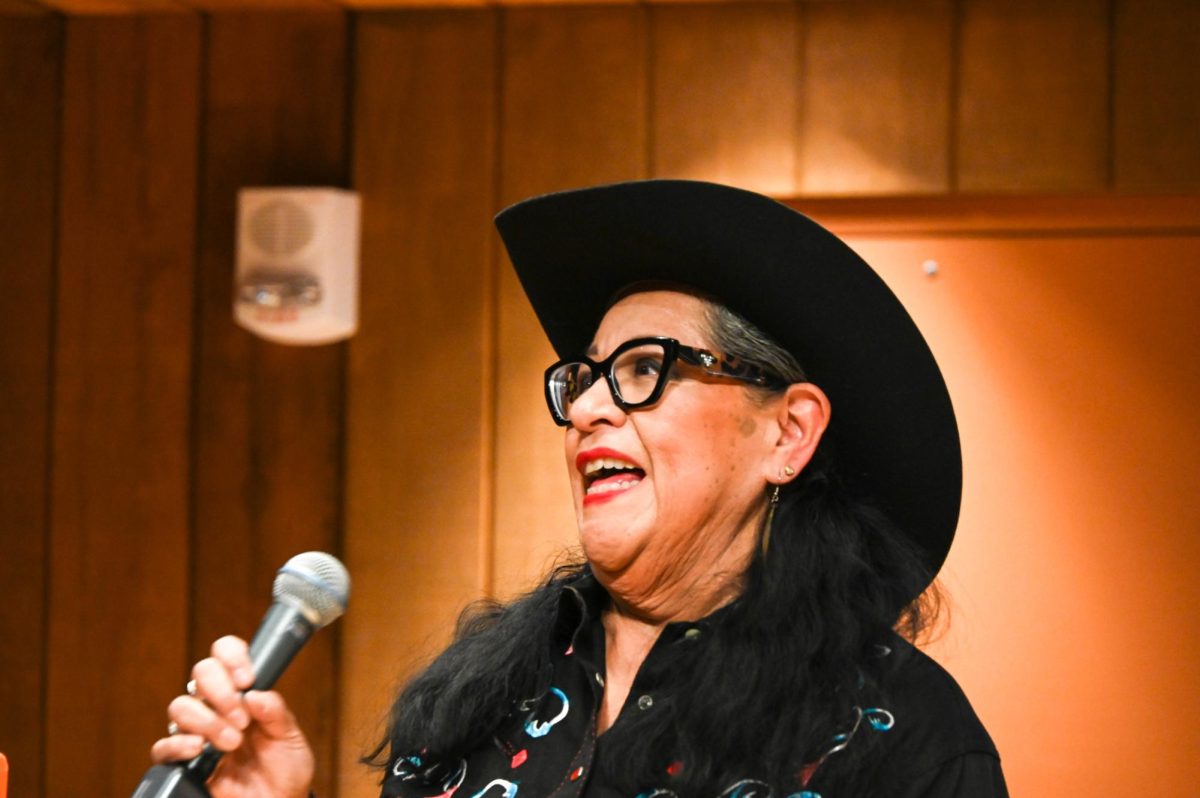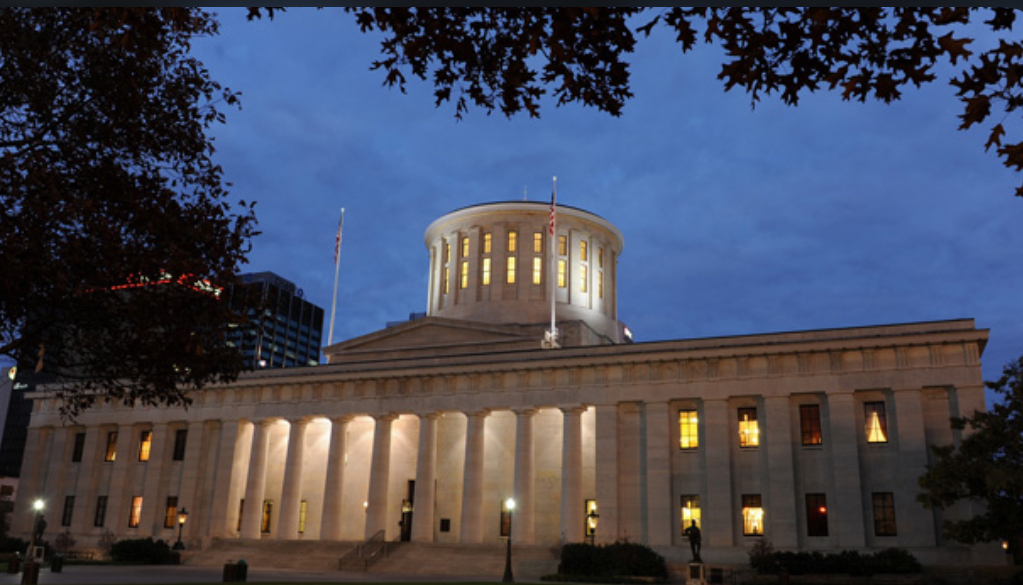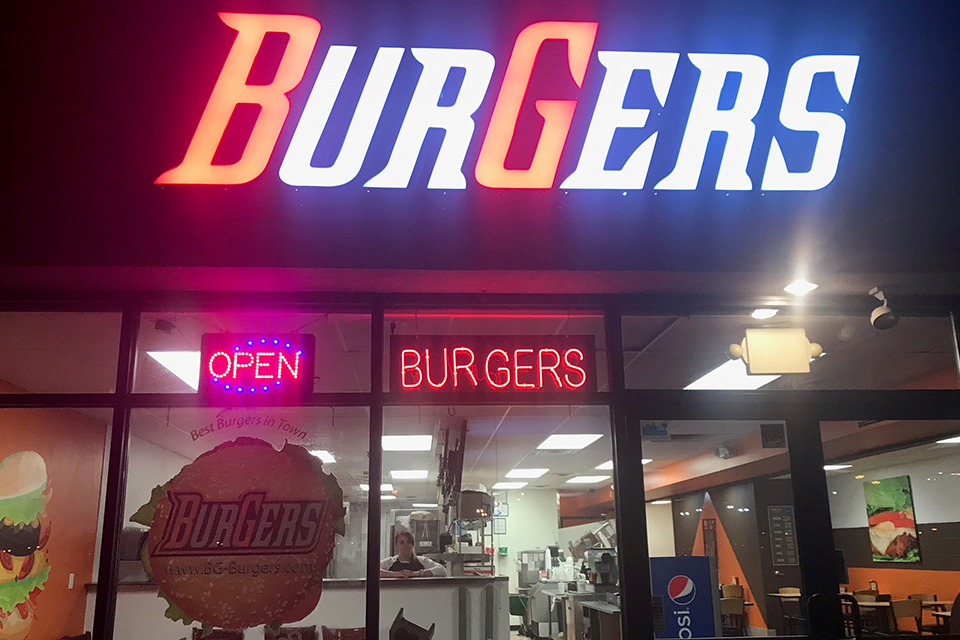After serving as the Vice Provost for Academic Affairs and tackling various projects over the years to prioritize student success, Dr. Glenn Davis is now serving as the Vice President of a new department, The Division of Student Engagement and Success, to centralize programming efforts, streamline academic policy and ensure that all of BGSU is “moving in the same direction.”
What inspired the creation of the Division of Student Engagement and Success?
“What creating the division allows us to do is to help set a very clear direction for student success at BGSU. And the division also provides a group of people, including me in my new role, to ensure that all the efforts to support students are aligned and that we are coordinating with each other. That was the piece where we really had an opportunity to improve, was to have one division whose sole focus was on improving the student experience and working with folk’s from across campus.”
What is the Division of Student Engagement and Success?
“We are made up of a number of divisions, all of which are focused on making sure that students are empowered to really create that path. We have our two named life design centers: the Radbill Center for College and Life Design and the Kuhlin Hub for Career Design and Connections, those are both part of the decision. Our academic advising and planning, our Office of Student Engagement and under that is the Office of Residence life, which has a renewed focus on student engagement and connection and our learning communities. We also have a division that supports analytics to make sure that we understand some of the data behind our students to anticipate some of the challenges that students may face.”
What is your role with Student Engagement and Success?
“As vice president, I have a senior leadership team. We work to set the strategy for student success that’s aligned with our strategic plan, called Forward. I do that in collaboration with the President and executive leadership on campus. I also have an opportunity to help amplify the voices of students in those spaces, and when I am hearing what they are facing, or things that are working well, I am able to share that with executive leadership on campus. I help to collaborate folks across campus including our Dean, all our academic colleges and also with staff and leadership in the other divisions to make sure that they are getting the support they need from our division in terms of helping to move students forward.”
What does student success look like?
“We know that students come to college to get a degree. We know that they want to get a degree, in most cases, so that they are going to be able to lead productive and meaningful lives in their community. So we know that students are coming here, for that academic experience. Student success is more than the degree. So, it’s really important that we really meet students where they are when they enter BGSU, knowing that no student’s path is going to be the same as someone else’s. When we think about student success, we have to take an approach that is both individualized and also looks at some of our broader systems to make sure that those systems are also supporting student success and not putting up those unnecessary barriers.”
Are there specific challenges for students that you are focusing on?
“We want to get students connected to the resources that are going to help them be successful. We’ve created some systems and some platforms and some collaborations to help identify which students might benefit from those resources. Where we are continually looking to improve is having more of those students take advantage of the resources that we are connecting them to.”
What is the main goal of your work for the division this year?
“Our primary goal, and this is a very broad goal, is to continue improving the student experience in meaningful ways. We believe that by improving that student experience, institutional outcomes that we are looking for will follow. So how can we make sure that we are truly empowering our students to be the designers of their own educational experience?”


